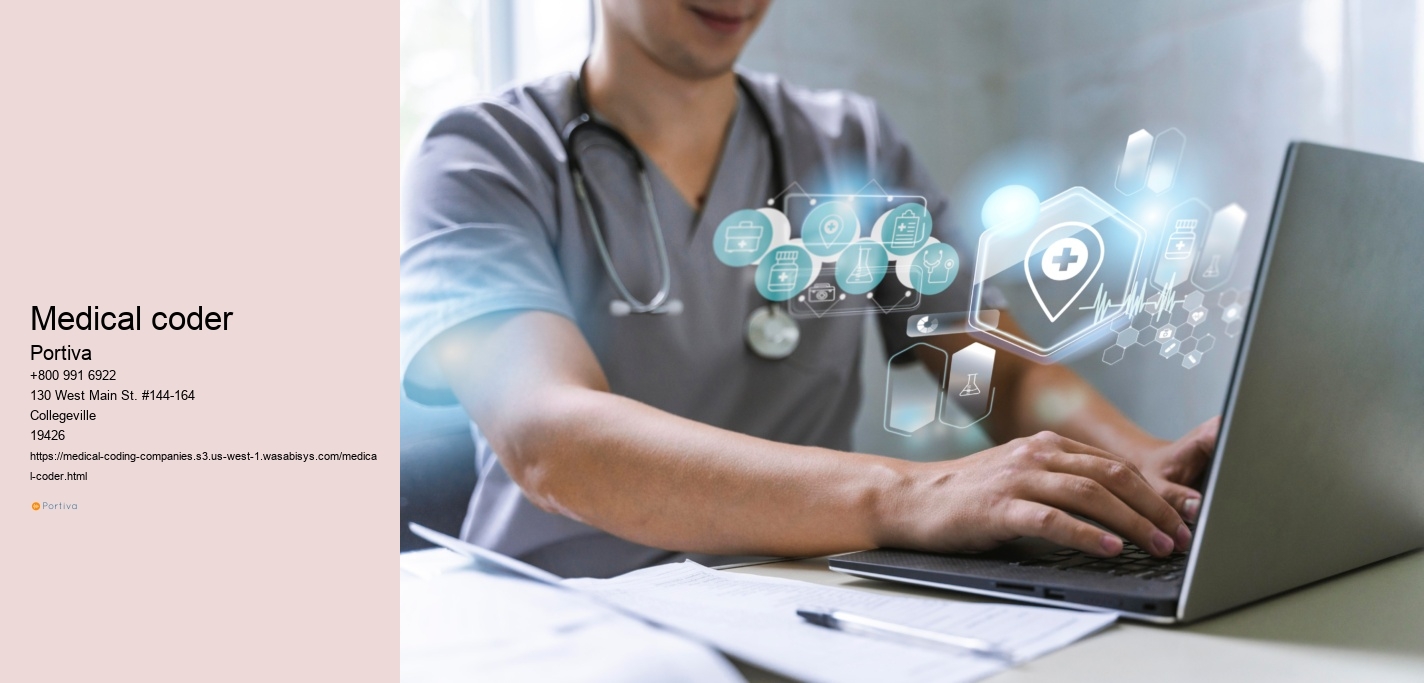In order to guarantee that the right coding is being used, a medical coder must also evaluate and analyze medical records, conduct research on codes and rules, and communicate with healthcare professionals. Medical coder employment is expected to increase by 8% between 2019 and 2029, according to the US Bureau of Labor Statistics. The use of the appropriate medical procedures and billing codes for each patient encounter is crucially dependent on the medical coders among these experts. Medical coding does not need a license, in contrast to other healthcare careers. Medical institutions should make sure they collaborate with trustworthy medical coding businesses with a solid track record of delivering dependable and effective services. Your career objectives, level of experience, and the sort of healthcare facility you work in will all influence the optimal medical coding qualification for you. The American Association of Professional Coders (AAPC) offers credentials such Certified Professional Coder (CPC), Certified Outpatient Coding (COC), Certified Inpatient Coder (CIC), and Certified Risk Adjustment Coder (CRC). Thus, the importance of medical coding in the healthcare industry cannot be overstated. It's critical to keep up with the most recent developments in medical coding and to look for professional development opportunities to advance coding abilities. The organization has trained and certified more than 175,000 medical coders since it was founded in 1988. To prove your proficiency in medical coding, you must, however, receive certification from the AAPC or another reputable organization. Medical coding is a critical aspect of healthcare management, and a critical component of patient care.
medical coding companies
